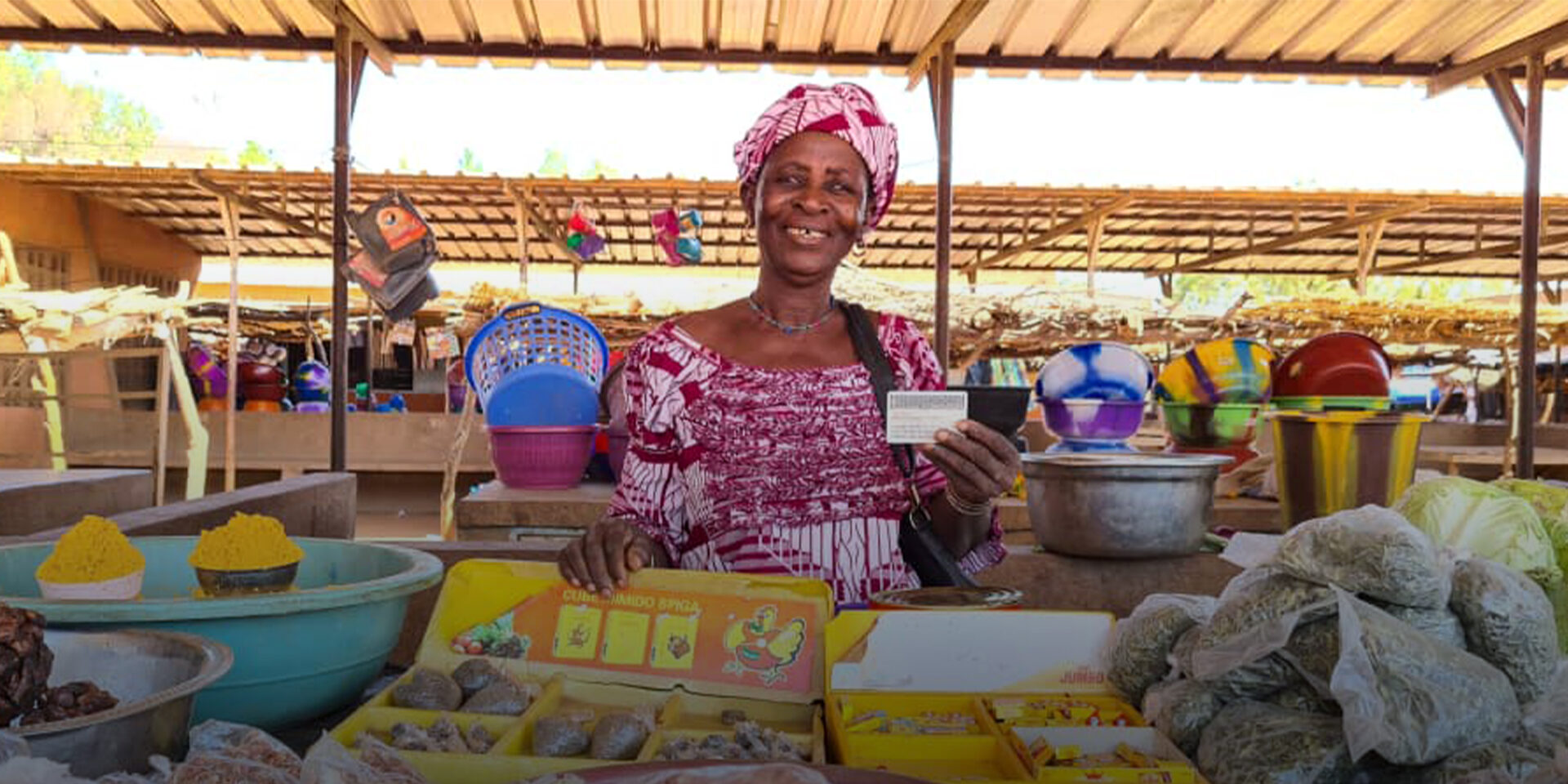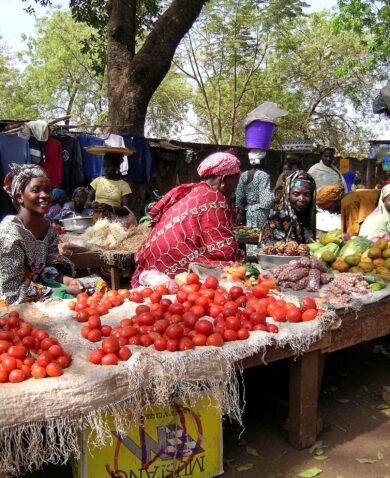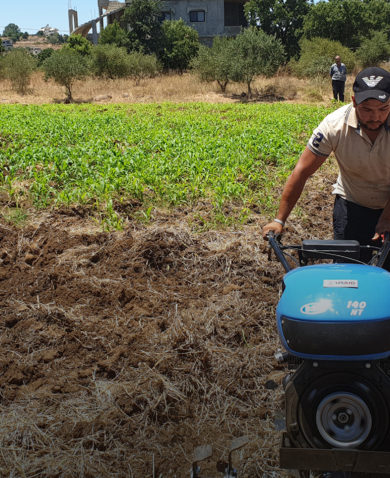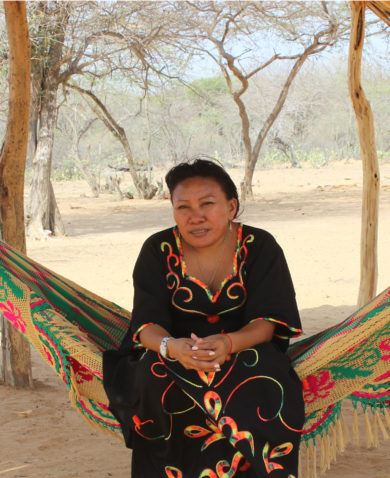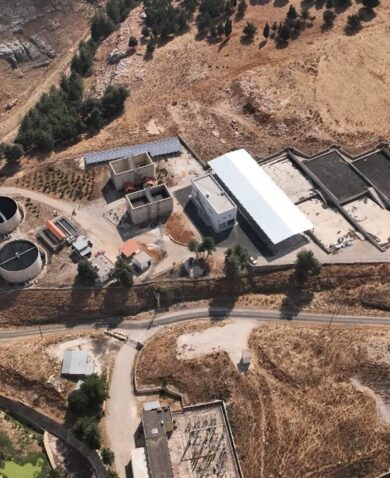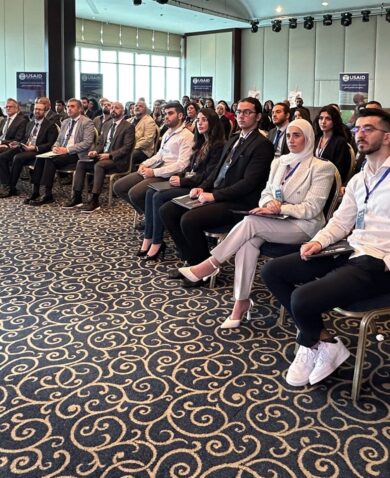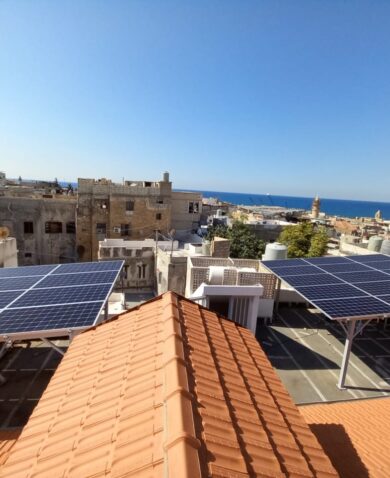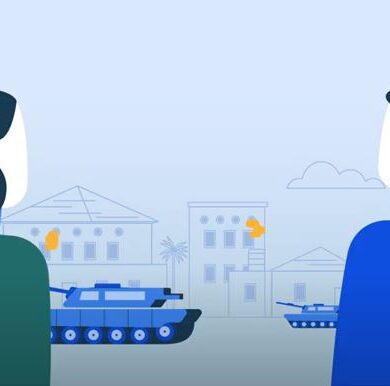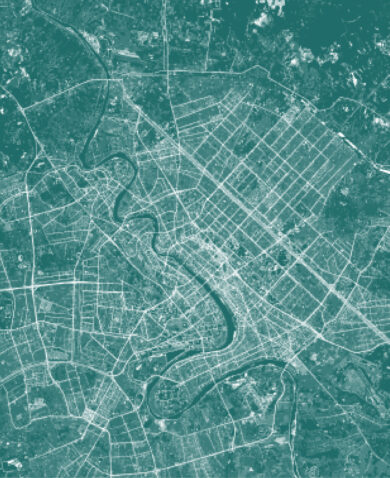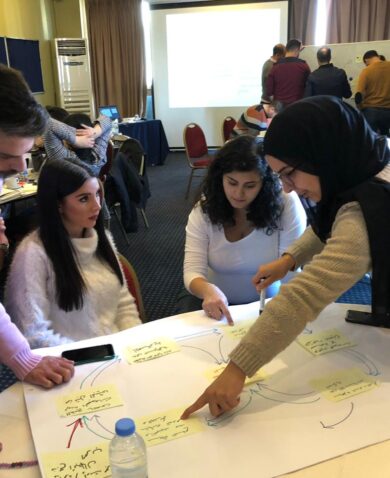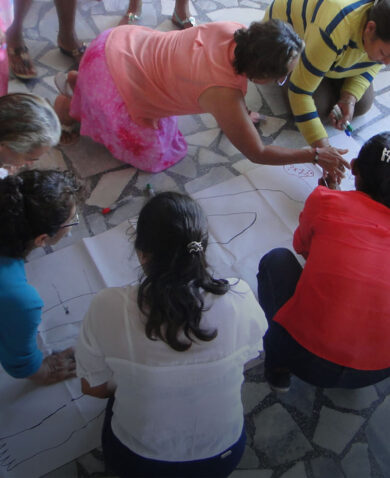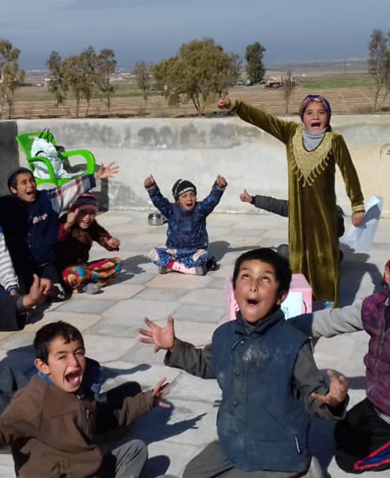Burkina Faso Regional Program
Communities in Burkina Faso’s remote northern and eastern regions have long felt spurned by the central government in Ouagadougou. Following the end of President Blaise Compaoré’s 27-year rule in 2014, Burkina Faso entered a period of socio-political instability and has struggled to coordinate its response to the growing insecurity brought on by armed militant and criminal groups. Escalating violence and violent extremism have destabilized local communities and prompted an estimated 2 million Burkinabès to flee their homes, seeking refuge in camps and urban centers.
The Burkina Faso Regional Program (BFRP), funded by USAID’s Office of Transition Initiatives, provided crucial support to vulnerable communities in the country’s Nord, Sahel, Est, and Centre-Est regions. The program implemented over 200 activities developed and led by local partners to support community resilience to violent extremism and sure up stability in communities affected by violence and insecurity. BFRP’s strategy and programming strengthened income earning potential for residents of target communities, revitalized traditional community institutions and approaches to reduce tensions, empowered local leaders, and enabled local authorities to meet community needs. In doing so, BFRP mitigated the most pressing, downstream effects of violence and insecurity that erode community stability and fueled the spread of conflict.
Banner Image: A woman proudly displays her Carte National d’Identité Burkinabè (CNIB), acquired under the FAD013 ID card campaign, Kantchari, January 2021.

